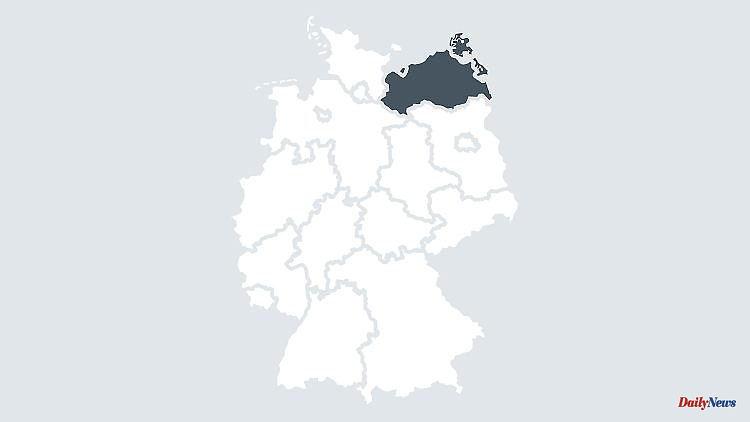Mecklenburg-Western Pomerania celebrates International Women's Day on March 8th this year as a public holiday. That is new. Unlike the demands that are being made on this occasion with a view to the lack of gender equality in many areas.
Schwerin (dpa/mv) - Justice Minister Jacqueline Bernhardt (left) referred to ongoing deficits in gender equality on the occasion of Women's Day on March 8th. March 8th, which will be celebrated as a public holiday for the first time in Mecklenburg-Western Pomerania this year, is a day in honor of all women. The minister responsible for equality said on Monday in Schwerin that this day is also associated with the will and the right to enforce equal rights and equality in all areas of life. This applies in particular to remuneration.
"In contrast to men, women work 66 days longer per year for the same wage level. Up to March 7th, women work more or less without pay, while statistically speaking, men have been paid for their work since January 1st," explained Bernhardt, referring to the calculated wage gap between the sexes. She demanded equal pay for equal work from day one. "Women are still a long way from complete equality with men," stated the minister and announced that the state government would present a model for an equal society.
DGB Nord boss Laura Pooth also criticized the pay gap between women and men. "At 18 percent, Germany has one of the largest gender pay gaps in Europe. Keeping it up not only has fatal consequences for many women, but also for the economy," she emphasized. However, she conceded that at EUR 1.05 gross per hour or six percent, the wage gap between women and men in Mecklenburg-Western Pomerania was the smallest in a national comparison. The adjusted gender pay gap calculated by the Federal Statistical Office does not take account of structural factors such as differences in occupations or qualifications.
Pooth said that empowering women in the labor market is an important lever against the shortage of skilled workers. For this to happen, however, the conditions for reconciling family and work would have to be further improved. Despite good qualifications, many women can only work part-time due to family care responsibilities. In Mecklenburg-Western Pomerania, this applies to almost half of all women in employment subject to social security contributions. For men, the rate is 14 percent.
According to calculations by the DGB Nord, more than 20,000 additional full-time positions would be created in Mecklenburg-Western Pomerania alone if the employees' requests for extension were realised. "The hurdles for women in the labor market must be dismantled quickly. Otherwise, the shortage of skilled workers threatens to slow down change and prosperity in this country," warned Pooth.
According to the AfD member of parliament Eva Maria Schneider-Gärtner, women are labeled as workers in the equal pay debate without taking into account their importance as caring mothers. "In the AfD's opinion, a "career as a mother" is at least equivalent to a professional career. In our opinion, the goal must be that motherhood does not mean a worse position, but on the contrary, with the crediting of pension points or a state child-raising allowance, a financial one Appreciation takes place," explained Schneider-Gärtner.
Prime Minister Manuela Schwesig (SPD), who invited to the traditional Women's Day reception in Schwerin on Tuesday, emphasized that Women's Day in Mecklenburg-Western Pomerania was being celebrated as a public holiday for the first time. "We are thus sending an important signal for equality beyond our national borders. At the same time, we want to draw attention to the fact that there are still injustices that we have to eliminate: unequal wages, too few women in management positions or the unequal distribution of family work . Women's Day remains a day of struggle more than 100 years after its introduction," stressed Schwesig.
According to the State Chancellery, around 300 guests from politics, business and volunteers are expected to attend the reception. The event will once again honor the woman of the year. 23 proposals from all regions of Mecklenburg-Western Pomerania were received.












